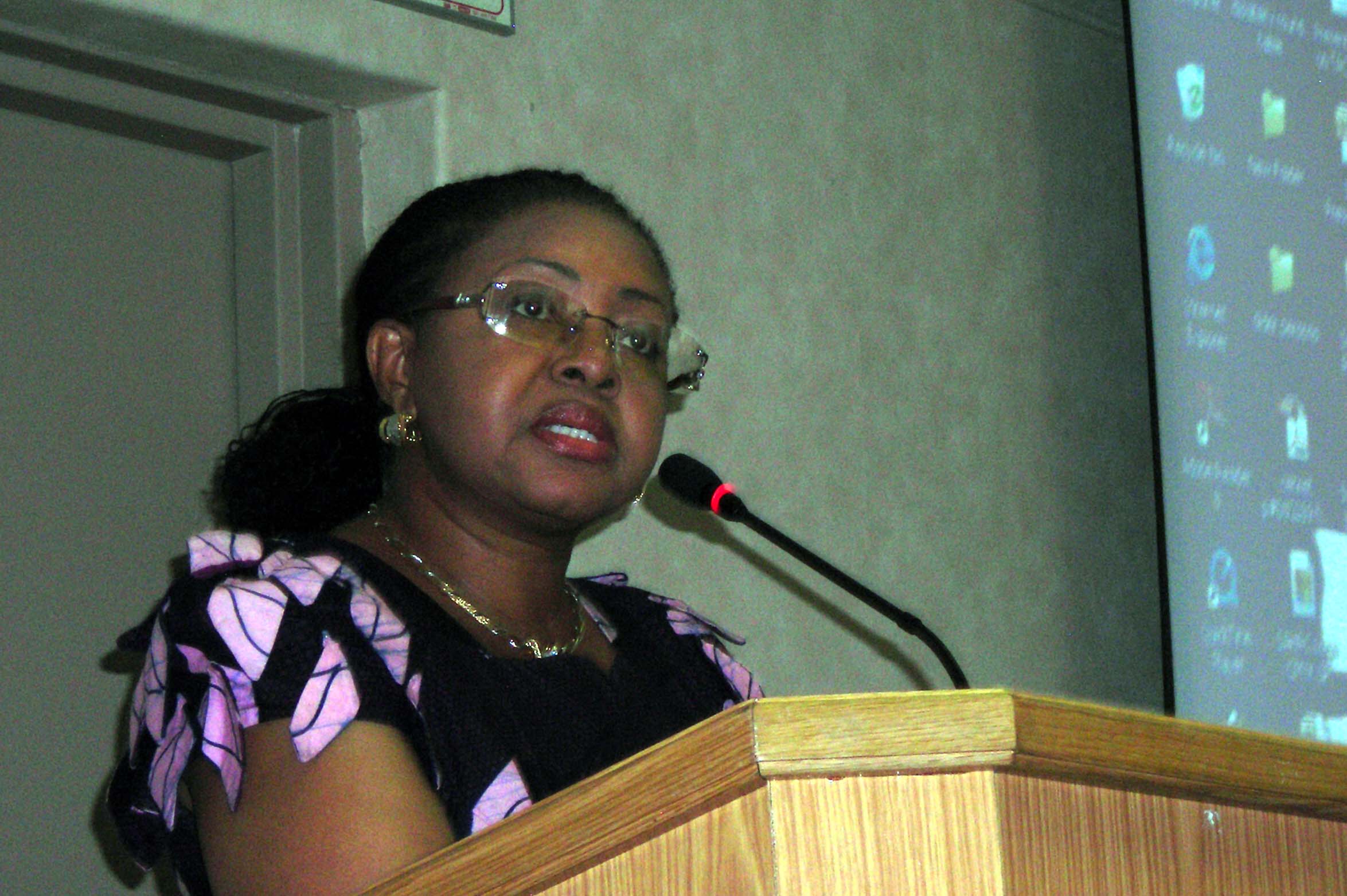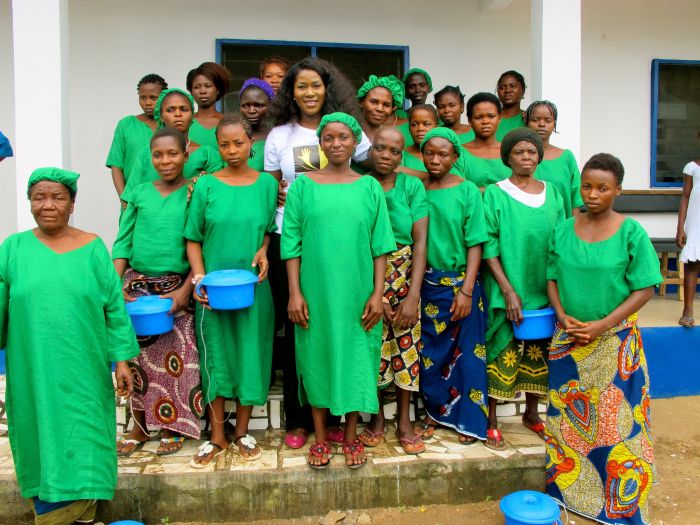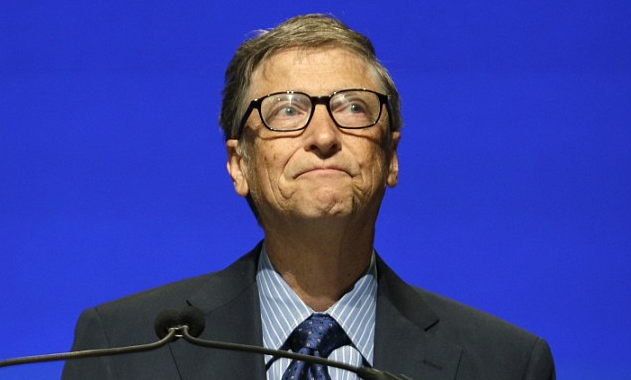The Environmental Rights Organisation/Friends of the Earth Nigeria (ERA/FoEN) has asked Akinwunmi Ambode, Lagos state governor, to publicly shun the public private partnership (PPP) water scheme “promoted” by the World Bank.
In a statement, Akinbode Oluwafemi, ERA/FoEN’s deputy director, described the world bank’s privatisation initiative around the world as “toxic” and said access to water, a free gift of nature, is a human right and should not be made unaffordable to the larger “segment of society” that cannot pay water.
“It is shameful how the World Bank has for years been promoting a toxic PPP water privatization scheme across the globe as success story. This wicked scheme was also sold to the Lagos government through an IFC advisory contract which civil society and labour rejected. While we still see the Lagos government tinkering with the idea, we make bold to say that access to water is a fundamental human right which is not negotiable,” said Oluwafemi.
“We insist that the Lagos government reject contracts designed by, involving, or influenced by the IFC, which operates to maximize private profit and develop a comprehensive plan for achieving universal access to clean water in the state. This must be done in concert and with the full consent of the people. PPPs are not democratically designed. They are unacceptable.”
Advertisement
ERA/FoEN’s call is coming at a time when Gwen Moore, a United States representative, issued a public letter to the world bank questioning its role in the privatisation scheme and asking it to stop funding and promoting “water privatization pending an independent review and congressional hearings on conflicts of interest created by its investments in water privatizers”.
ERA/FoEN spoke about the role of the world bank’s “private arm – the International Finance Corporation (IFC) as advisor to governments and marketer of PPPs which have proved disastrous in several countries including the Philippines and India.”
Moore had said “water access is a fundamental human right no matter where you live,” and charged the world bank to stick to its mission of alleviating poverty as opposed to pursuing profit.
Advertisement






